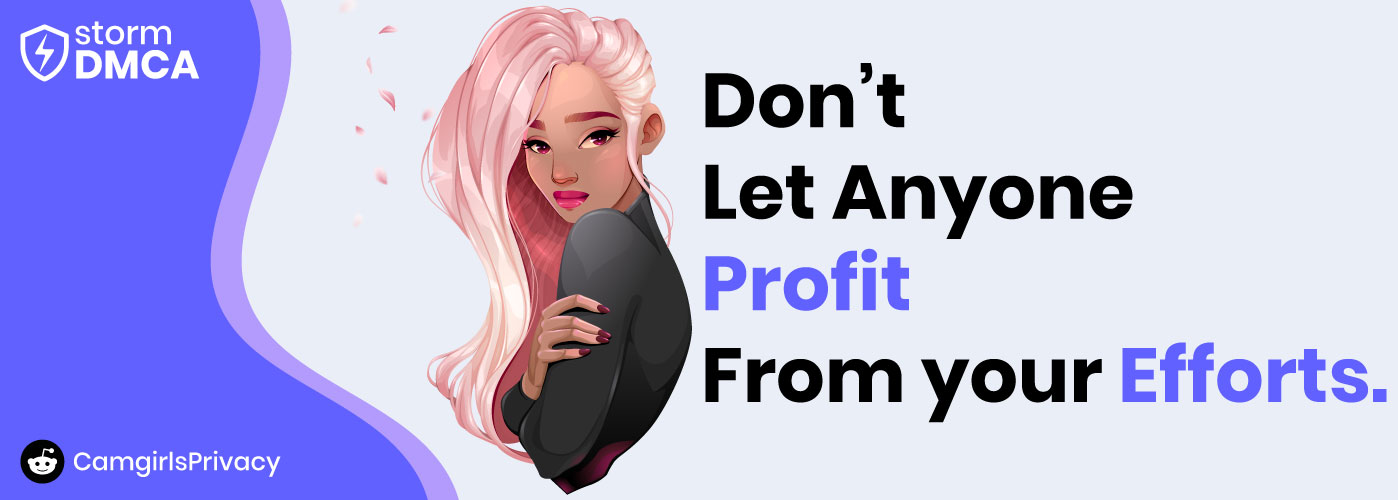Why is personal information necessary in DMCA inquiries?
Chaturbate Support for DMCA and Privacy Issues: Protecting Your Content on the Platform
April 1, 2023
How to remove my private webcam recordings from the internet
April 4, 2023
Is it safe to let third party websites know my real information?
One of the most frequently asked questions about DMCA inquiries is why personal information, such as legal name, address, and phone number, is required when submitting a DMCA deactivation notification.
The answer is quite simple: it's a legal document. However, many people have valid concerns about sharing their personal information with infringers, and the thought of disclosing their real name, address, and phone number to dubious individuals or organizations can be unsettling.
The requirements outlined in the Digital Millennium Copyright Act of 1998 (DMCA) are somewhat vague and only specify that the notification should contain personal information that can be used to contact the requester. In theory, an email address would suffice.
Unfortunately, in reality, many deactivation notifications fail to comply with DMCA guidelines when personal information is missing or incorrectly formatted. It's worth noting that attempting to deceive or mislead when creating a deactivation notice can have serious legal repercussions.
So what could you do?
If you are an adult creator and you send the DMCA notice yourself, all your privacy is gone. Illegal adult tube owners will know your name, address, phone number, and in most cases your IP.
This could lead to dangerous episodes of threats and blackmail.
To avoid the risk, you should ask a close friend to send the DMCA notices on your behalf.
If you don’t have anyone to trust for this, your other option is to rely on a copyright protection service like StormDMCA
They will send the DMCA claims on your behalf, keeping you 100% anonymous.
StormDMCA will also have their private script monitor the web 24/7 in search of new leaks, so they will be reported as soon as they are online.
Not only will this help you focus on creating better content, but it will also increase your earnings. But more importantly, it can provide peace of mind knowing that your privacy is protected.




